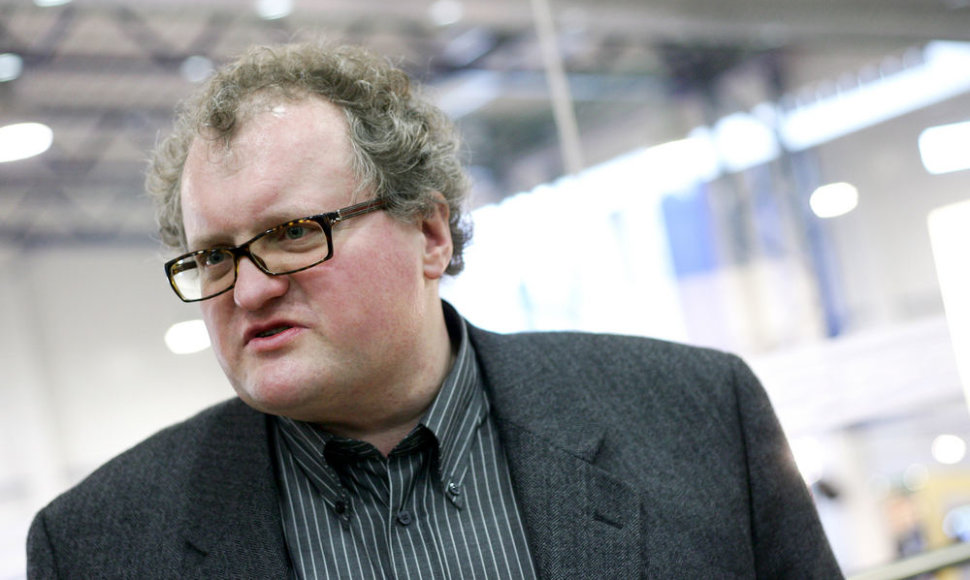In his words, if it wants closer relations, the European Union needs to work with the Ukrainian society and students "to open up to societies and for them to outgrow their existing elites."
"I don't believe that President Viktor Yanukovych himself or his government have a lot of potential for change. I believe that the society and those powers which might really change Ukraine, including the opposition, part of the Rada, independent journalists, writers, intellectuals, have that potential," Donskis told BNS after the Brussels discussion.
Taking part in the discussion, Ukrainian writer, translator, journalist, and cultural policy expert Alexander Butsenko said that, in his opinion, one should not expect fast changes in Ukraine.
"You know yourselves that Lithuania did not change that fast either," the Ukrainian intellectual said.
If an Association Agreement between the European Union and Ukraine was signed during the upcoming EU Eastern Partnership summit in Vilnius later this year, Ukraine would take it as a sign that Europe is waiting for her, Butsenko believes.
The discussion at the European Parliament was organized by the Alliance of Liberals and Democrats for Europe one and a half month until the start of the Lithuanian EU presidency.
On the day of the event, the European Commission adopted a recommendation for an Association Agreement between the EU and Ukraine to be signed during the forthcoming EU Eastern Partnership summit in Vilnius in November. The Commission stressed, however, that Kiev is expected to carry out reforms until then.












